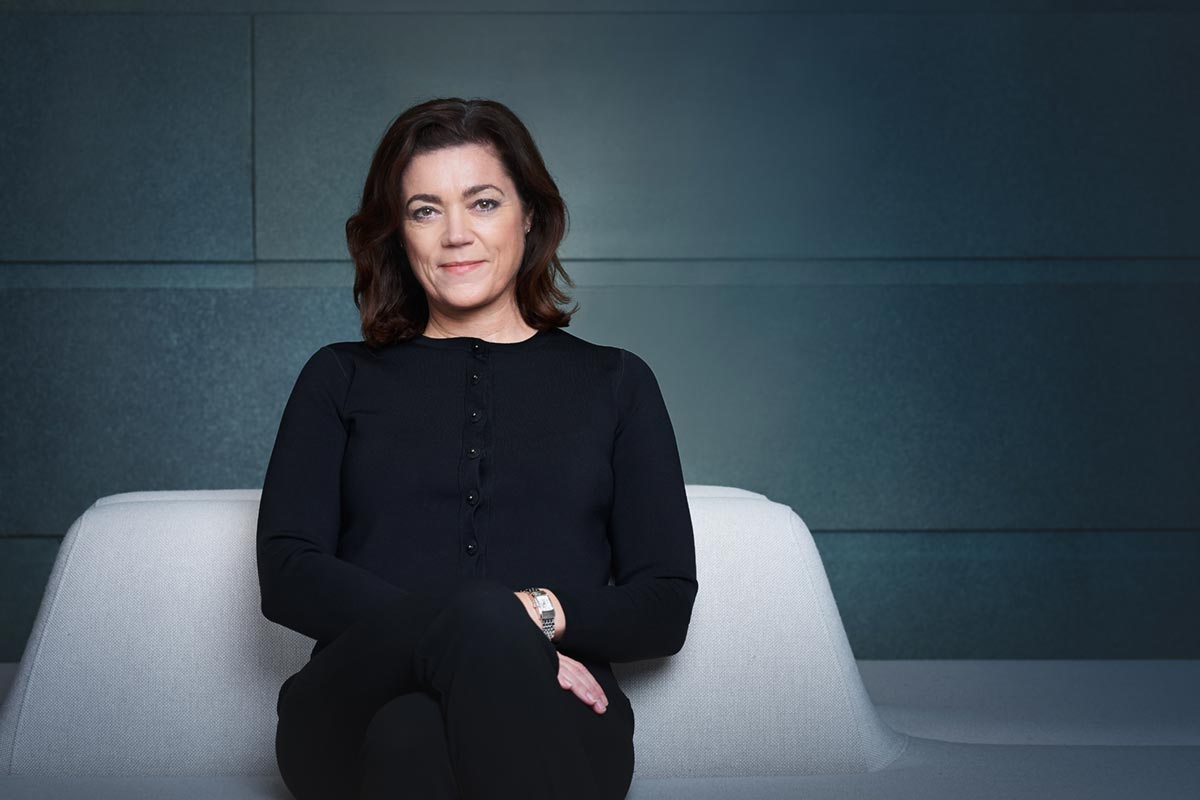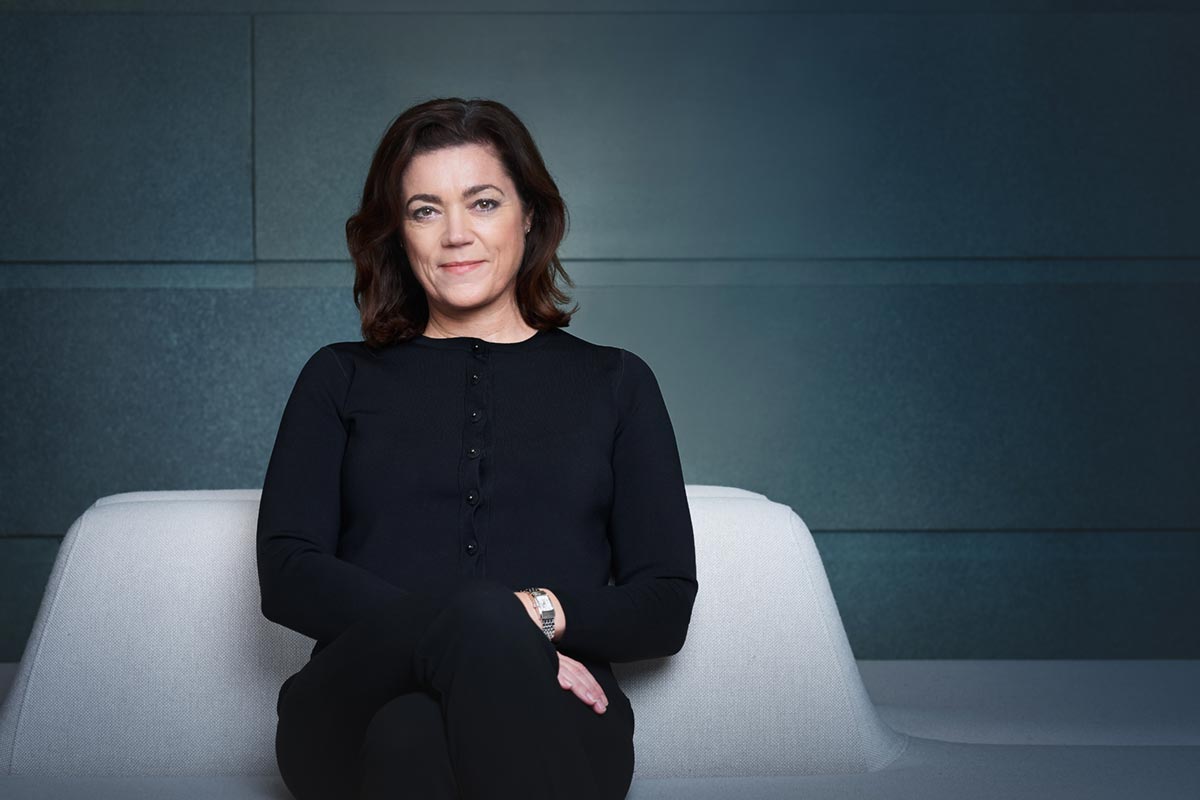We believe in the power of technology

We believe in the power of technology
In Schibsted we believe in technology and innovation. But we also believe in the importance of discussing both opportunities and the risks and pitfalls they bring – and what all of this means to our society. This is why we publish this report.
For Schibsted, the value of technology lies in its ability to provide better products and services to our consumers. Take, for instance, how technology allows for new ways to collect, catalogue and categorize data: when our media houses – like VG and Aftonbladet – know what you like to read, and what you have already read, they can adapt their online front page and bring you more relevant content. When our marketplaces – like Finn and Blocket – know what you are looking for, they can connect you with the right job, right house or right product at the right price. And when our digital services – like Helthjem and Prisjakt – know more about your preferences, they can offer you solutions that save you both time and money. In short, data and technology allow us to bring you better services and solutions, which in turn can make your life more convenient and perhaps even more enjoyable.
Then again, we are aware of the responsibilities we take on, when we manage the technology and administer the huge amounts of information.
What it all boils down to is ourselves and our choices. Technology is created by people, and people decide how to use it, and for what. This is Chief Data and Technology Officer Sven Størmer Thaulow’s point in his article where he claims to be a true tech optimist – but also a tech realist. Sven’s interest in technology was awakened by his grandmother who brought home the latest tech and tools from America. No wonder he wanted to be an inventor as a child.
We all need inspiration – and hope. And that’s another side of technology. What can tech do to solve the climate crisis? Our newspapers all focus on climate change – and never before has the public interest been more profound. But how do you cover this topic in the best possible way? Do you sound the alarm or point to solutions? Svenska Dagbladet and Aftonbladet have chosen two different paths and made some powerful journalism – not least when it comes to the photography.
When it comes to the climate, we often ask ourselves “What can I do?” Well, you could start by changing your clothing habits. Britt Nilsen, Schibsted’s Head of Sustainability, explains why the fashion industry has a huge impact on the environment and why it is time to start shopping secondhand – or perhaps start renting your wardrobe.
You could also look in the mirror – if you can pick which one to use. Some compare our digital future to a mirror world, a perfect copy of the real one but with a lot of functionalities coming alive around us and offering us a more convenient life. Others claim the mirror is broken and that we will all live in different realities depending on our interests, abilities and resources. Perhaps this is the biggest tech challenge to discuss ahead – how do we make sure everyone has the same opportunities? The sixth edition of Schibsted’s Future Report addresses this and other key tech issues. Enjoy!

Kristin Skogen Lund
CEO of Schibsted, as of December 1, 2018
Years in Schibsted
One year as CEO, and six as CEO of Aftenposten
My dream job as a child
Professor
We have all the opportunities we could dream of

We have all the opportunities we could dream of
We are facing a new reality. As a company, as human beings, as parents of the iGeneration, and as global digital consumers. Where fake news seems to travel faster than truth on social media, where reliable sources of information are being greatly challenged, where authoritarianism and populism are growing, and perhaps most worryingly, where our way of life is disrupting Earth itself.
It is also a reality where a few global companies are dominating, not only businesses, but also peoples’ daily life. On the bright side it is an era where we have all the opportunities we could ever dream off. More data and knowledge than ever before – paving the way for extraordinary achievements and discoveries. Science and medical treatments are improving rapidly, finding new cures and amazing ways to save, improve and even drastically prolong lives. But how do we meet this new world?
When I left Aftenposten in 2010 the digitalization of media was just in its early days. Returning today as CEO of Schibsted, the landscape and conditions are drastically different for both our media, marketplaces and growth companies. We all know that technology is crucial for our survival. But so is our heritage that stems from a free press, transparency and entrepreneurship. In the world that we navigate today, the role Schibsted has in society is crucial. Which is also one of the reasons why I was inspired to come back.
In the end it’s about our customers. And that we are able to meet their needs in a sustainable and trustworthy way. Not the least when developing our platforms for secondhand trade. If even more users see the benefits of these marketplaces, we have all contributed in a very concrete way to a circular economy and a more sustainable world.
Reality is making a comeback

Reality is making a comeback
Welcome to the fourth edition of Schibsted Future Report. This is our outlook on trends within tech, people, society and business. It’s a report from Schibsted people, from our different companies all over the world, who are sharing their knowledge and thoughts. We have also invited some of our friends, who we’ve worked closely with, to participate. We believe in openness, sharing ideas and starting conversations. I hope we will enjoy it! This is the highlights of this year’s report:
As machines know more and more about us, the need to express our humanity and responsibility increases, whether it is taking a stand for independent journalism, riding a bike into the future or shopping secondhand and speed up circular economy. It is more important than ever to have and to tell a true, genuine and consistent story. That’s how you succeed as a business – whether you’re a newspaper created by war heroes, or a global digital brand. A strong purpose, a truly good life is what we are looking for. In this year’s report, we present some of our own brands and their stories.
“Is it OK to be mean to a robot?”
2018 is also the year when we are entering the world of artificial intelligence on a broader scale. AI is now powering our everyday life. It’s part of almost all the technological solutions and services we’re using, and it’s getting more advanced by the minute: we learn to talk to machines, machines learn not only to understand but to interpret humans – even though chatting with your favorite bot still leaves room for improvement. Future Report takes on AI in a tech story comparing the progress of AI to the arrival of electricity, a change so big we can’t see the full effect yet. It will bring fundamental changes and create new industries and new solutions that we can’t even imagine. AI software is already used in such disparate areas as improving customer service, predicting disease or detecting faults in equipment. And soon our homes will be equipped with voice AI devices facilitating our daily life, voice might even be the new over all interface – and it will provide unseen new business opportunities.
This will also be the year when we see more and more robots. But with humanlike robots come existential questions like: what does it really mean to be human? And how do we behave towards them? Is it OK to be mean to a robot? The answer is no for most people.
As tech and science evolve, these questions will be high on the agenda.
So. Reality is real. Intelligence is artificial. Robots are like people. And The Future is now. Welcome to our world.